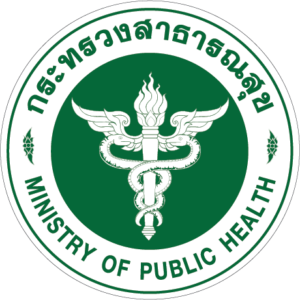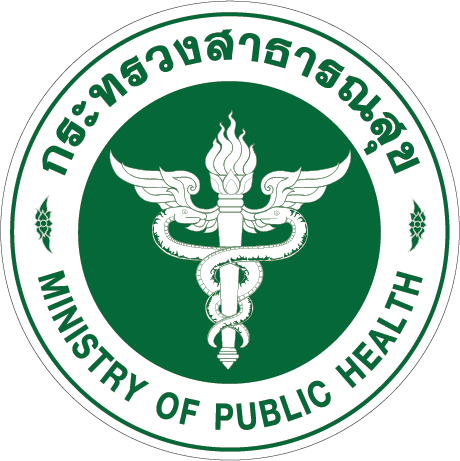Ministry of Public Health, Thailand
ICFP2022 Host
Key Links & Information

Policy and Guidelines for the Promotion of Reproductive Health Services
and Family Planning of the Ministry of Public Health
Ever since Thailand’s Population Policy was announced on March 17, 1970, Thailand has achieved great success in family planning programme, through collaboration with the government and non government sectors and international organizations which work on family planning. Due to the success in family planning programme, as well as the changes in people’s way of life, people in the new generation, both men and women, more prefer to stay single. As a result, the population growth rate decreased from 2.7 percent in 1970 to 0.2 percent in 2019, which caused the overall fertility rate to be low. Women at reproductive age, aged 15-49, have only 1.54 children in average, which is lower than the replacement level. Moreover, the birth rate is only 10.5 per thousand people. (Mahidol University, 2019)
Planning to adapt to demographic change is vital. Thus, the Ministry of Public Health, the Department of Health, together with relevant agencies had recognized for the future action plan on demographic changes to formulate the 1st National Reproductive Health Development Policy and Strategy (2010-2014), aiming to make every birth desirable, safe and quality of life, by supporting people at all ages on reproductive health standard. It is based on voluntary, equality and coverages. At the end of the first phase, the Ministry of Public Health, together with relevant agencies had formulated the 2nd National Reproductive Health Development Policy and Strategy (2017-2026): Promotion of Healthy Birth and Child Development, aiming to promote and support voluntary births, in which every pregnancy has been planned and well-prepared before pregnancy and also under the supporting of safe motherhood and neonatal care and post natal care, and ensuring that the newborn will have a high quality upbringing in supporting environment. In the past, there was a project to encourage 20- to 34-year-old women who intended, and planned to have children accessed to pre-marital and child-bearing services. The project also promoted good quality of post natal care and early childhood development. The Ministry of Public Health, through the Department of Health, has also launched special projects including “Miracle of The First 1,000 Days”, “Wiwah project” (Building Nation through Marriage Project), “Thai Child-Play Day”, and “Early Moments Matter on Mobile”. The Ministry of Public Health also focuses on providing vulnerable and disadvantaged population to access to family planning services, creates a comprehensive service system, and provides the fast track on counseling and contraception services. It has also developed a referral system to help tackling unplanned pregnancy problems. Moreover, the Ministry of Public Health has been pushing to include the pregnancy termination medicines on the National List of Essential Medicines, in order to reduce the problem of unsafe abortion.
The Ministry of Public Health has been promoting a prevention of repeat pregnancy in adolescents by supporting the Long Acting Reversible Contraception (LARCs) services (IUD insertion and implant) for the adolescences under 20 years old, women of childbearing aged 20 years and above. In the latter case, safe abortion service also has been supported by the National Health Security Office (NHSO).
Furthermore, the Ministry of Public Health also emphasizes the development of Youth Friendly Health Services (YFHS) through the creation of supportive environment for adolescences to access reproductive health services, in accordance with the guidelines of the International Conference in Population and Development (ICPD), and Reproductive Health Rights, which is the third goal of Sustainable Development Goals (SDGs) aiming to ensure that people live healthy life and promote health for people of all ages, especially SDG 3.7: Ensure universal access to comprehensive sexual and reproductive health-care services, information and education, as well as the integration of reproductive health into national strategies and plans.
In 2022, Thailand in cooperation with Bill & Melinda Gates Institute for Population and Reproductive Health will co-host the International Conference on Family Planning 2022 (ICFP 2022) during 14 – 17 November 2022 in Pattaya City, Chonburi Province. The objective of the conference is to exchange knowledge, research and innovation, and to strengthen cooperation among network organizations at the international level, which will benefit Thailand in enhancing the access to reproductive health-care services in community level. It will also help improving equal access to family planning services through modern measures with match the needs of people under every universal health coverage system.
Source:
Bureau of Reproductive Health, Department of Health &
Translated by:
Center for International Cooperation, Department of Health
27 January 2020

